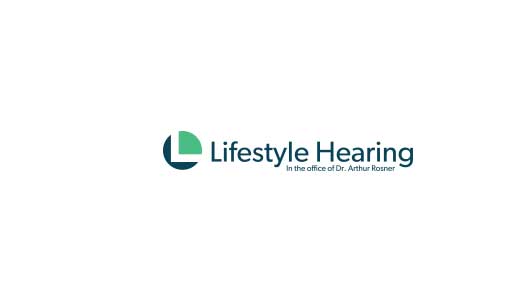Whether you are young or old, you may experience hearing loss. In fact, nearly 12 percent of kids age 6 through 19 have noise induced hearing loss according to the American Academy of Audiology. Of all birth defects, hearing loss presents itself more often than any other congenital defect in the United States. In fact, the American Speech and Language Association reports that approximately 12,000 babies are born each year with hearing loss.
Not every type of hearing loss is permanent.
– Not all hearing loss is the result of a long term permanent defect. Minor conditions such as a build up of earwax or an infection could cause reversible hearing loss. Medical treatment or minor surgery could be the solution to some hearing loss issues, but early intervention is vital. Chronic (long term) ear infections could cause permanent hearing loss so be sure you seek professional help early on if ear infections are suspected.
Kids with hearing impairment can benefit greatly from early diagnosis and treatment. – The earlier in life that hearing losses are identified, the more likely the child is to develop fully normal language skills. Due to earlier treatment, infants whose hearing loss was detected at age 6 months or younger proved to develop better language skills than kids whose hearing impairment wasn’t discovered until after 6 months of age.
Speech and reading skills may be adversely affected by hearing loss. – Language development in the brain of children is at its highest level between age 0 and 3. Young children need to have proper hearing function in order to develop normal speech patterns. Language skills are vital in order for kids to go on to learn how to read effectively.
Not all hearing loss is permanent. – You may not realize that noise related hearing loss is very common and it can be avoided all together. Using protective ear plugs or ear muffs is a must for protecting kids from noise induced hearing loss. Also, parents should lower the volume on stereos and other electronics.
Parents are often times the first to identify early signs of hearing loss in young children.
– Parents are many times the first to notice symptoms of hearing loss in infants such as: no reaction to noises made by toys or not making babbling sounds like normal infants. Around 9 months of age kids should be repeating back sounds and should also understand some simple phrases and commands. For a more in depth list of normal milestones for babies and young children to assess possible hearing loss, ask your hearing specialist or audiologist. Be sure to find out about recommended screenings as well.
 Whether you are young or old, you may experience hearing loss. In fact, nearly 12 percent of kids age 6 through 19 have noise induced hearing loss according to the American Academy of Audiology. Of all birth defects, hearing loss presents itself more often than any other congenital defect in the United States. In fact, the American Speech and Language Association reports that approximately 12,000 babies are born each year with hearing loss.
Whether you are young or old, you may experience hearing loss. In fact, nearly 12 percent of kids age 6 through 19 have noise induced hearing loss according to the American Academy of Audiology. Of all birth defects, hearing loss presents itself more often than any other congenital defect in the United States. In fact, the American Speech and Language Association reports that approximately 12,000 babies are born each year with hearing loss.